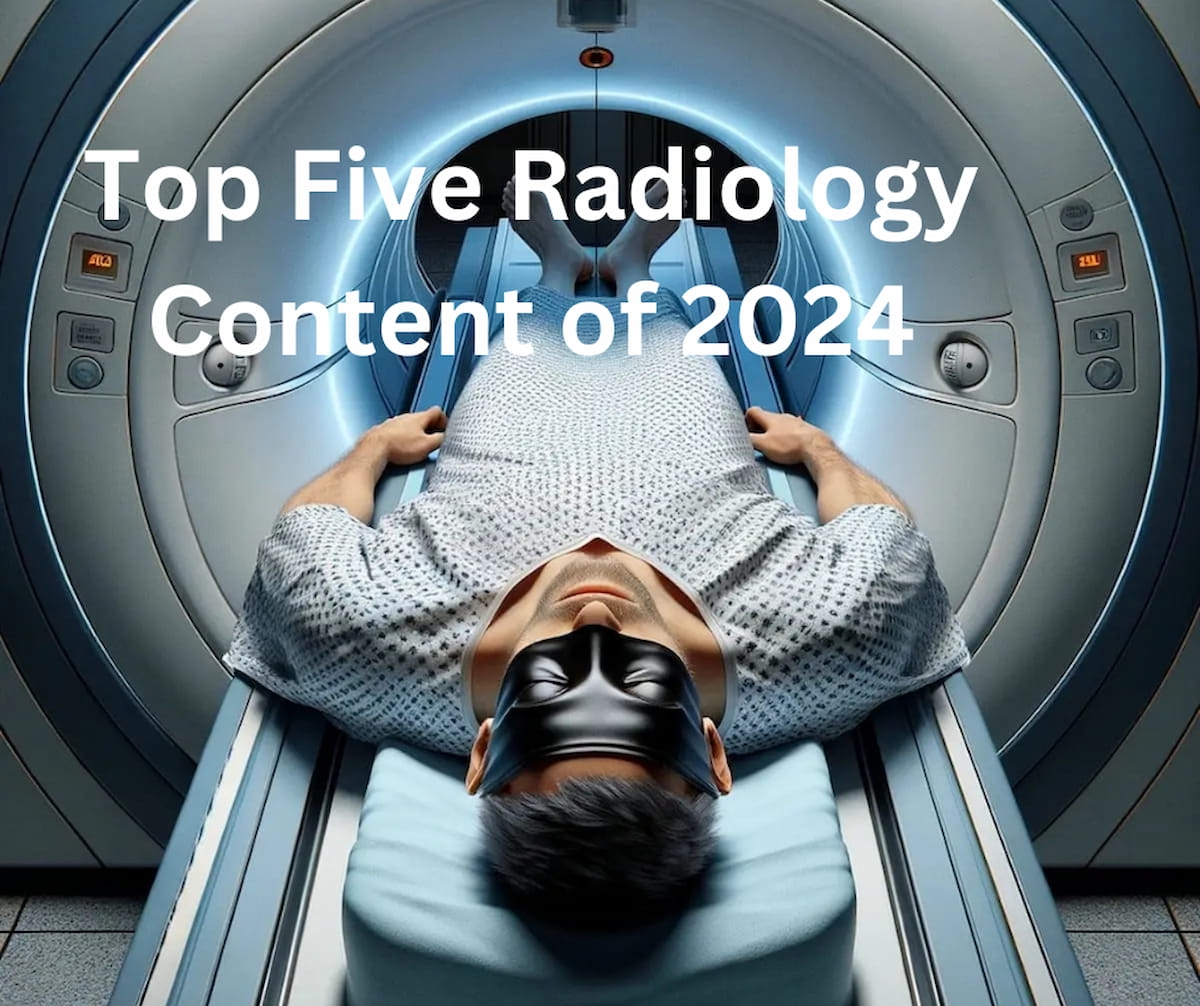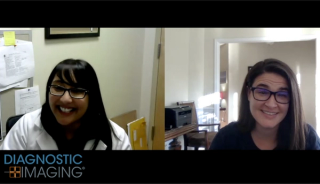
Oncology CT
Latest News
Latest Videos
CME Content
More News
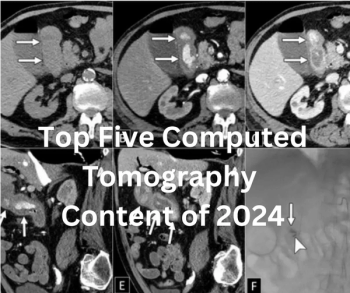
Catch up on the most well-read computed tomography (CT) articles from 2024.

Catch up on the top radiology content of the past week.
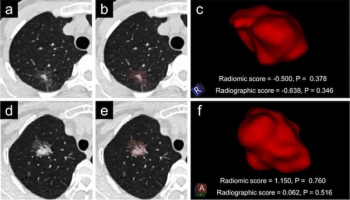
A CT-based radiomic model offered over 10 percent higher specificity and positive predictive value for high-risk lung adenocarcinoma in comparison to a radiographic model, according to external validation testing in a recent study.
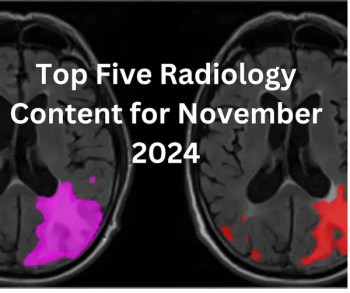
Catch up on the most-well viewed radiology content in November 2024.

Catch up on the top radiology content of the past week.
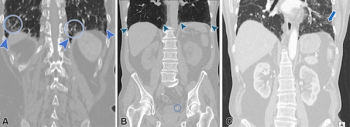
While a large retrospective study found that interstitial lung abnormalities (ILAs) were evident on 1.7 percent of computed tomography (CT) scans, researchers found that 43.9 percent of ILAs, including fibrotic ILAs, were not reported.
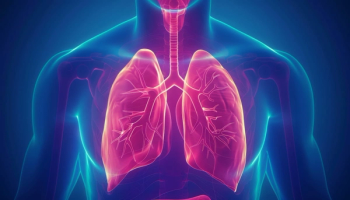
For patients undergoing curative treatment for lung cancer, coronary artery calcification scoring via computed tomography has a 97 percent likelihood of determining their risk for major cardiovascular events, according to a new meta-analysis.
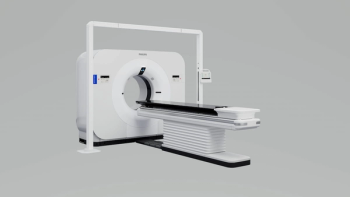
The Spectral CT 7500 RT system reportedly combines 4D conventional computed tomography (CT) with the enhanced quantification and visualization of spectral CT to facilitate improved precision with radiotherapy.

Catch up on the top radiology content of the past week.
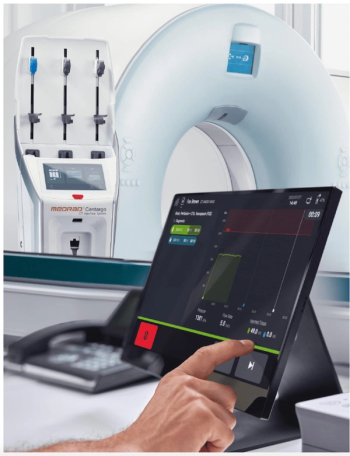
Facilitating optimal use of contrast, the Medrad Centargo CT Injection System reportedly combines user-friendly features with workflow efficiency for high-volume CT departments.
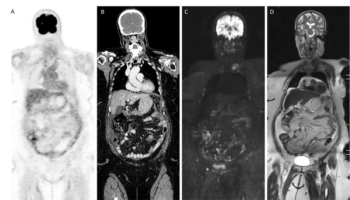
In newly published guidelines, researchers discuss the utility of CT, MRI and PET/CT in the diagnosis, staging, treatment monitoring and follow-up imaging for peritoneal metastases in patients with ovarian or colorectal cancer.
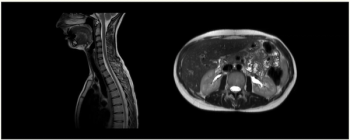
The Ezra Blueprint scan reportedly includes quantitative brain measurements, coronary calcium scoring (CAC) and a full-body MRI that provides screening for over 500 conditions.

Catch up on the top radiology content of the past week.

Catch up on the top AI-related news and research in radiology over the past month.

Catch up on the top radiology content of the past week.
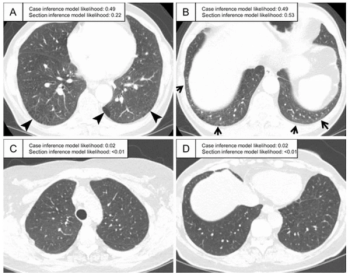
A machine-learning-based model demonstrated an 87 percent area under the curve and a 90 percent specificity rate for predicting interstitial lung abnormality on CT scans, according to new research.
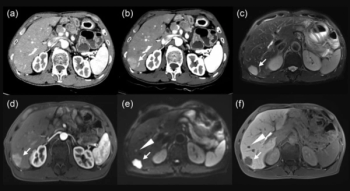
In a study involving 396 confirmed neuroendocrine tumor liver metastases, researchers found that Gd-EOB-DTPA-enhanced MRI offered 19 percent higher sensitivity than polyenergetic CT.
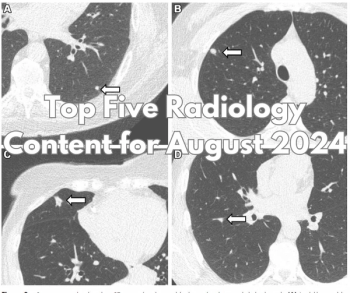
Catch up on the most-well viewed radiology content in August 2024.

Catch up on the top AI-related news and research in radiology over the past month.

Catch up on the top radiology content of the past week.
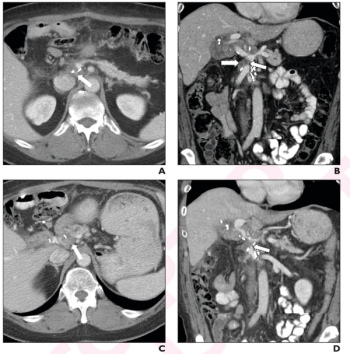
For patients who had post-op recurrence after a Whipple procedure for pancreatic ductal adenocarcinoma (PDAC), between 80 to 86 percent of follow-up CT exams revealed new or increased soft tissue.
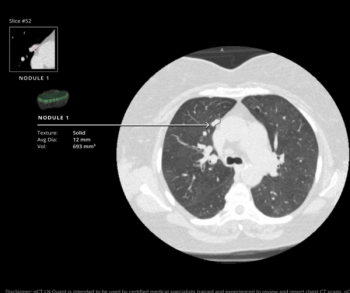
The AI-powered qCT LN Quant software reportedly generates 2D and 3D reconstructions and facilitates assessment of morphologic data across multiple thoracic studies.

Catch up on the top radiology content of the past week.
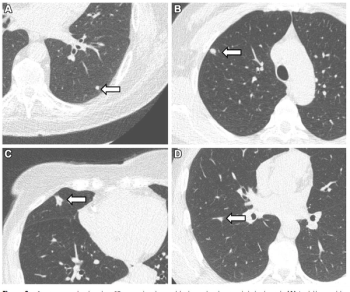
Utilizing low-dose computed tomography (CT) scans for a cohort of over 10,000 non-smokers, researchers found that over 11 percent of study participants had clinically relevant lung nodules.
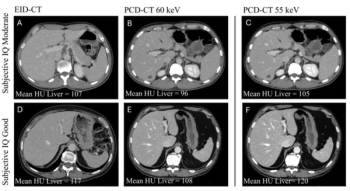
In addition to a 20.1 percent reduction in iodine load, photon-counting CT offered higher signal-to-noise and contrast-to-noise ratios than energy-integrating detector CT in a new study.




